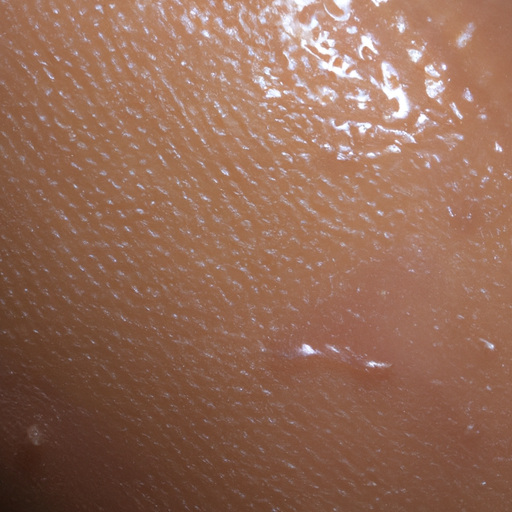As a dermatologist, I often encounter patients who are frustrated with their oily skin. The excess oil production can lead to a shiny complexion, clogged pores, and frequent breakouts. However, with the right skincare regimen and lifestyle changes, you can manage your oily skin effectively. Here are six essential tips to help you conquer your oily skin and banish that unwanted shine.
1. Choose the Right Cleanser: The first step in managing oily skin is selecting the right facial cleanser. Avoid harsh soaps that can strip your skin of its natural oils, causing it to produce even more oil in response. Instead, opt for a gentle, oil-free cleanser specifically designed for oily skin. Look for ingredients like salicylic acid or benzoyl peroxide, which can help control oil production and prevent breakouts.
2. Exfoliate Regularly: Exfoliation is crucial for oily skin as it helps remove dead skin cells that can clog pores and lead to breakouts. However, over-exfoliation can irritate your skin and increase oil production, so limit this to once or twice a week. Choose a mild exfoliant with alpha or beta hydroxy acids, which can penetrate the oil and clean your pores deeply.
3. Use a Light Moisturizer: Many people with oily skin skip moisturizer thinking it will make their skin oilier. However, this can actually cause your skin to produce more oil to compensate for the lack of moisture. Instead, use a lightweight, oil-free moisturizer that will hydrate your skin without making it greasy.
4. Apply Sunscreen: Sun exposure can trigger your skin to produce more oil, so it’s important to protect your skin from the sun’s harmful rays. Choose a sunscreen that’s non-comedogenic (won’t clog pores) and oil-free. Remember to apply it every day, even when it’s cloudy.
5. Watch Your Diet: What you eat can affect your skin’s oil production. Diets high in sugars and fats can stimulate oil production, while foods rich in omega-3 fatty acids, like fish and walnuts, can help regulate it. Additionally, staying hydrated by drinking plenty of water can help keep your skin healthy and less oily.
6. Seek Professional Help: If your oily skin persists despite your best efforts, it may be time to seek professional help. A dermatologist can provide personalized advice and treatments, such as topical retinoids or oral medications, to help control your oil production.
Remember, everyone’s skin is unique, and what works for one person may not work for another. It may take some trial and error to find the right products and routine for your skin. However, by following these tips, you can start to control your oily skin and achieve a healthier, more balanced complexion.
Oily skin can be a challenge to manage, but it’s not impossible. With the right skincare regimen, dietary changes, and professional guidance, you can reduce the shine and enjoy healthier skin. Remember, the goal isn’t to eliminate all oil from your skin – some oil is necessary for skin health. The aim is to strike a balance where your skin is neither too dry nor too oily but just right. So, start implementing these tips today and take a step towards conquering your oily skin.



